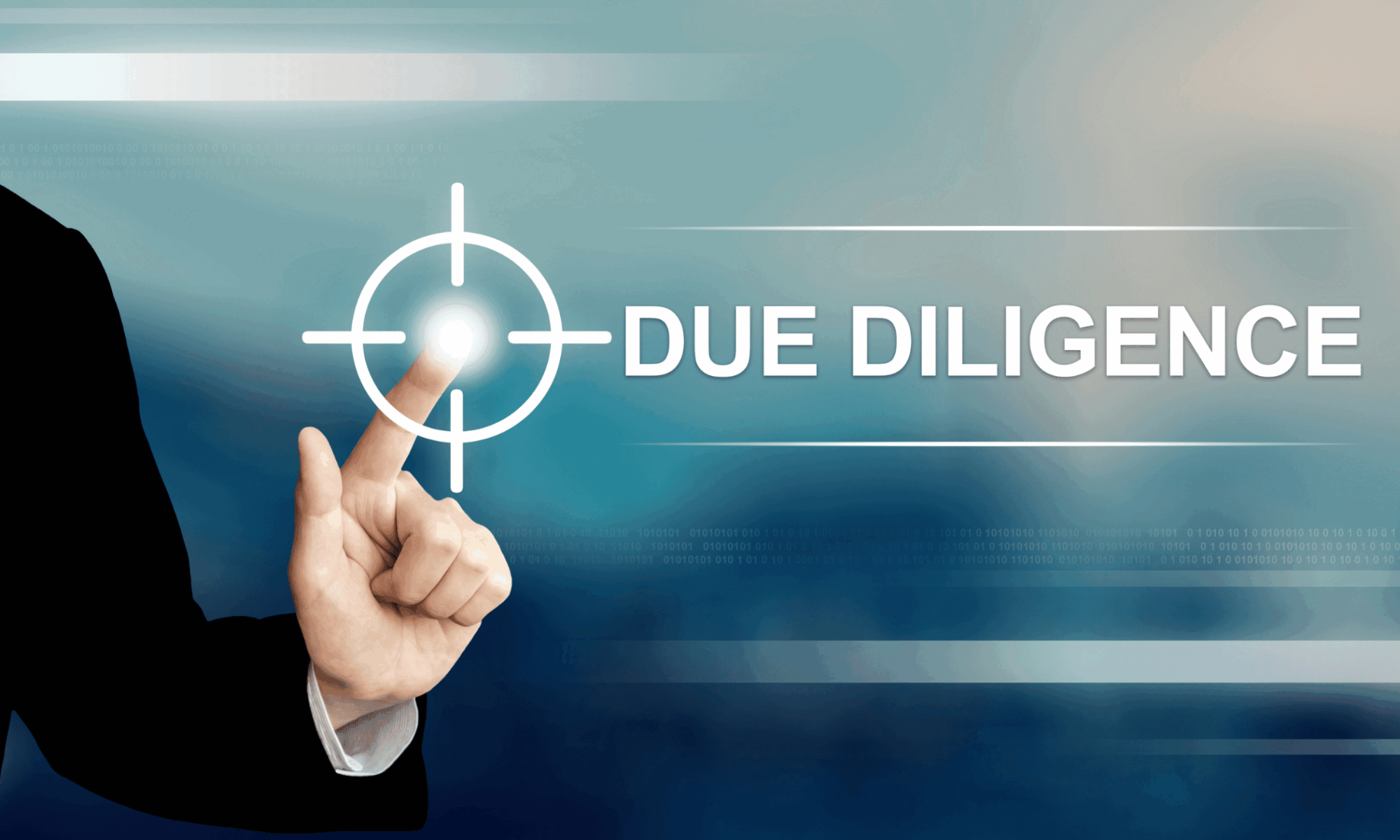Think legal due diligence is just paperwork? Think again. Behind every major merger, acquisition, or investment deal in Canada lies a meticulous legal process that can uncover risks worth millions — or save them.
In a global survey, over 40% of failed M&A deals were linked to issues that could have been caught during due diligence. And in Canada, where compliance requirements differ between provinces and federal law, the margin for oversight is even slimmer.
If you’re preparing to buy, sell, or invest in a Canadian business, legal due diligence is not just a box to check — it’s a critical strategy. This article will show what really happens behind the scenes, including:
-
What legal due diligence involves in Canada
-
What documents lawyers review
-
How to prepare a company for due diligence
-
Red flags that can delay or derail deals
Whether you’re a founder, investor, or legal advisor, this guide will help you navigate the process with confidence.
What Is Legal Due Diligence?
A Deep Dive Into Legal Risks and Responsibilities
Legal due diligence is the process of thoroughly reviewing a company’s legal affairs to uncover liabilities, assess risks, and verify compliance before finalizing a business deal. It goes beyond surface-level checks to examine contracts, ownership, litigation, regulatory status, employment obligations, and intellectual property.
In the Canadian context, legal due diligence often spans both federal and provincial legislation, making it more complex than in many other jurisdictions. From Quebec’s French language laws to British Columbia’s real estate regulations, every province brings its own nuances.
This process plays a key role in:
-
Mergers & acquisitions
-
Venture capital investments
-
Joint ventures and partnerships
-
Franchising or licensing agreements
-
Private placements and IPOs
Why Legal Due Diligence Is Essential in Canada
Protecting Investments and Ensuring Compliance
Canada’s legal landscape includes federal frameworks like the Competition Act, Income Tax Act, and Employment Equity Act, as well as provincial laws regulating employment, environment, and data privacy. Legal due diligence helps ensure the business complies with these, and if it doesn’t, identifies the risk exposure early.
For buyers, legal due diligence protects them from:
-
Inheriting unknown legal liabilities
-
Paying inflated valuations
-
Post-deal litigation
-
Reputational damage
For sellers, being well-prepared can increase deal value, reduce delays, and build trust.
Understanding the Canadian Legal Environment
Legal due diligence in Canada must account for:
-
Dual legal systems (common law in most provinces, civil law in Quebec)
-
Bilingual documentation requirements in certain jurisdictions
-
Industry-specific regulations, such as securities law for financial services or Health Canada oversight for pharmaceuticals
These complexities make early legal counsel and thorough documentation non-negotiable in any deal.
Key Areas Reviewed During Legal Due Diligence
Legal professionals assess every area where risk may exist. Below are the core categories examined during the process.
Main Focus Areas:
During legal due diligence, lawyers assess a company across a range of critical legal and operational categories. Each focus area provides valuable insight into the company’s risk profile, financial obligations, and overall legal standing. In the Canadian context, this also involves reviewing compliance with both federal and provincial regulations, which can vary significantly depending on the business type and location.
These are the core areas lawyers will typically examine when evaluating a Canadian business:
-
Corporate structure and governance documents
-
Material contracts with vendors, clients, and partners
-
Litigation and dispute history
-
Employment agreements and HR compliance
-
Intellectual property ownership and protection
-
Environmental law compliance (especially in regulated industries)
-
Licensing, permits, and regulatory approvals
-
Privacy and data protection policies
Each of these areas provides insight into the legal health and operational integrity of a business.
Documents Required for Legal Due Diligence
Once the focus areas are outlined, the next step is gathering supporting documentation. These documents serve as evidence of the company’s legal commitments, rights, and history. A well-prepared data room with clearly labeled, up-to-date files can dramatically speed up the legal due diligence process — and leave a positive impression on buyers or investors.
Here’s a list of the most commonly requested documents during the legal due diligence process in Canada:
-
Articles of incorporation and corporate bylaws
-
Shareholder agreements and cap tables
-
Board minutes and resolutions
-
Employee and contractor agreements
-
Intellectual property registrations (patents, trademarks, copyrights)
-
Commercial leases and real estate holdings
-
Loan agreements and debt schedules
-
Customer and vendor contracts
-
Tax filings and compliance records
-
Permits, licenses, and government registrations
How to Prepare for Legal Due Diligence
The best way to approach legal due diligence is to be proactive. Rather than rushing to compile documents once a deal is on the table, companies that prepare early often reduce delays, avoid renegotiation, and demonstrate maturity to stakeholders. Taking time to clean up records, resolve outstanding issues, and organize documents helps ensure a smooth review.
Follow these key steps to prepare effectively for legal due diligence:
-
Conduct an internal legal audit before external review begins
-
Organize all documents in a secure virtual data room
-
Update expired contracts, licenses, or outdated records
-
Resolve open litigation or provide proper disclosure
-
Verify IP ownership and assign proper documentation
-
Review employment agreements and HR policies
-
Ensure compliance with both federal and provincial laws
-
Work with experienced Canadian legal counsel
Preparation demonstrates credibility and professionalism — and reduces the chance of last-minute surprises.
Red Flags That Can Disrupt a Deal
Even a promising acquisition or investment can stall if legal issues surface during due diligence. Lawyers are trained to identify risks that may otherwise be overlooked.
Common red flags include:
-
Unclear or contested intellectual property ownership
-
Incomplete or unenforceable contracts
-
Active or pending litigation
-
Missing regulatory licenses or filings
-
Employment disputes or misclassification of contractors
-
Non-compliance with provincial labor or privacy laws
Identifying these issues early allows time to fix them — or renegotiate terms accordingly.
Final Thoughts: Legal Due Diligence Is Deal Insurance
Understanding what legal due diligence is in Canada means recognizing that no transaction is complete without legal clarity. For buyers, it’s a risk mitigation tool. For sellers, it’s a chance to showcase transparency and preparedness.
By knowing what lawyers look for — and preparing accordingly — you can move through transactions with fewer delays, stronger valuations, and greater peace of mind.
In the end, due diligence isn’t just about checking boxes. It’s about protecting your interests — before the ink dries.


